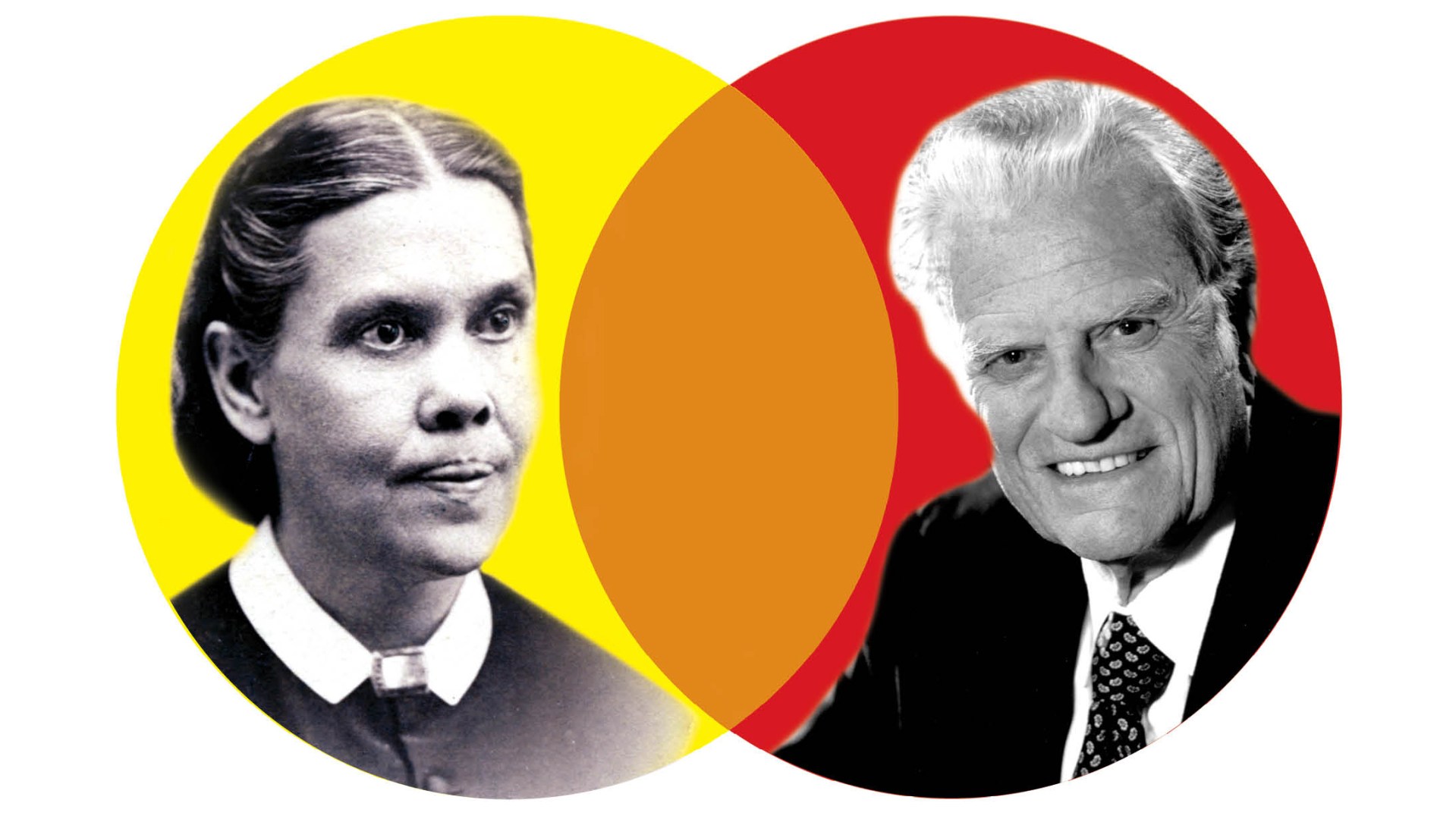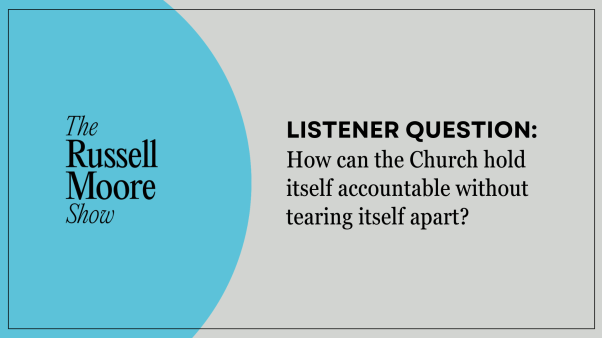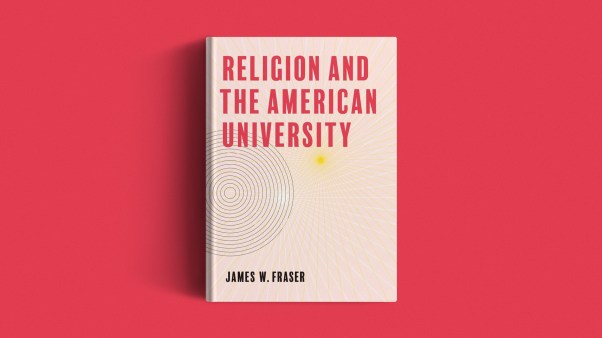One of the Seventh-day Adventist Church’s most famous sons, retired neurosurgeon Ben Carson, is seeking evangelical support for a likely 2016 presidential bid. But the global leader of his church worries that the thriving denomination is becoming too mainstream.
In 2014, for the 10th year in a row, more than 1 million people became Adventists, hitting a record 18.1 million members. Adventism is now the fifth-largest Christian communion worldwide, after Catholicism, Eastern Orthodoxy, Anglicanism, and the Assemblies of God.
But even as Adventist schools and hospitals spread, president Ted N. C. Wilson is concerned about assimilation.
“Don’t be tempted by the Devil to blend in with the crowd or be ‘politically correct,’ ” Wilson said during his annual sermon in October. “Don’t proclaim a ‘generic’ Christianity or a ‘cheap-grace Christ,’ which does not point to the distinctive biblical truths to be declared worldwide” by Adventists (who regard themselves as God’s faithful remnant).
Wilson listed ways that Satan is attacking Adventism, including attempts to make it easier to join; advancing Pentecostal worship styles; and people moving “independently” from the main church.
Many of those warnings seemed aimed at the global church’s North American Division (NAD). (Though only about 1 million Adventists live in North America, they send out nearly half of the church’s missionaries and operate 13 of its colleges.) Many NAD members are seeking more dialogue with mainstream evangelicals. The NAD has also overwhelmingly approved women’s ordination, despite a global denominational ban.
Some Adventists worry that changing worship styles mean the denomination is moving toward evangelicalism, acknowledged Garrett Caldwell, public relations director for the world church. But though the church is indeed trying different strategies to reach the culture, it won’t be joining the National Association of Evangelicals anytime soon, he said.
“Anything that is a ‘how’ item, we should be willing to make an adjustment to,” Caldwell told CT [corrected]. “But not if it’s a ‘what’ kind of item . . . driven by our theology and by our history.”
Wilson’s speeches highlight the separatist values of the 150-year-old denomination. Its belief that God began judging Christians in 1844 and its reverence for Ellen G. White’s teachings have led to a rocky relationship with evangelicals. Adventists explored joining the World Evangelical Alliance in 2007, but the groups could only agree “to cooperate, where advisable, in areas of shared interest.”
“There has been a continuing tension about whether [Adventists] see themselves as distinct, or as one among many evangelical denominations with a few special emphases,” said David Neff, former CT editor and a former Adventist minister. “There’s a dynamic that moves back and forth between those poles.”
The NAD recently announced it would move out of the Silver Spring, Maryland, building it has long shared with the global headquarters. “[We] need to have [our] own unique message and strategies that are relevant and work in our territory,” NAD president Daniel Jackson told church leaders in November. “It’s time that we grow up and leave our parent’s house.”
The tension over separation or collaboration recalls other religious movements founded in the early 1800s, such as the Restoration Movement, said LifeWay Research president Ed Stetzer. Also known as the Stone–Campbell Movement, it eventually fractured into congregations that engaged evangelicalism more (Christian Churches) and less (Churches of Christ).
American secularization may be pushing Adventists closer to other Christians. Adventists have joined evangelicals, Catholics, and others on many amicus briefs in recent religious freedom cases involving contraception, tax-free clergy housing, and other issues.
Such efforts can send a red flag to groups who don’t want to lose their distinctive beliefs, said Stetzer. “But that does not mean groups always lose those beliefs. For example, the Assemblies of God is distinctively Pentecostal and evangelical.”
“Our differences are an asset until they become offensive,” said Gerry Wagoner, president of ADvindicate, which opposes women’s ordination and evangelical ties. “How can we love everyone and still retain the distinctives that make us unique?”
Editors' Note: Garrett Caldwell's quote was misattributed to Ted Wilson in CT's January/February print issue.










